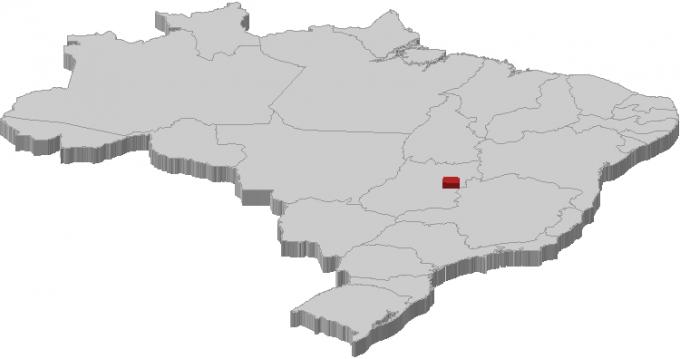O Financial Capitalism - also known as Monopolistic Capitalism – is the stage of the capitalist system characterized by the growth of financial speculation around company shares, interest, debt securities and other forms of credit that were transformed into commodities, being marketed as such. It is said that its origin was gradual and occurred throughout the late nineteenth and early twentieth century, extending to the present day.
We can understand that the milestone for the consolidation of Financial Capitalism was the gradual process of transformation of companies in shares, that is, the fragmentation of the securities of these companies in several shares that are traded freely. The holders of most of these documents, the majority shareholders, are the ones who make the main decisions, as well as those who accumulate most of the profits of these companies.
Another important factor related to the expansion of the financial market was the greater participation of banks, that have become the biggest financiers of companies through loans or direct investments. Thus, the banking system became very close to the industrial one, constituting a complex complementary relationship.
Thus, we can consider that a landmark of this phenomenon in the economic process was the stock exchange, which became the main symbol of Financial Capitalism. It is on the stock exchange that shares and investments in companies and by company are traded, involving businesses that involve the speculation of possible future profits in relation to immediate investments, which is a factor of risk.
No accident, the biggest crisis in the history of capitalism it was marked precisely by the crash of a stock exchange, in the case of New York, in 1929, when the liberal system collapsed. Even today, when stock exchanges in various parts of the world present successive falls, the economy becomes the center of concern on the part of the population and governments.
The fact that this phase of capitalism is also called “monopolist” refers to the process of capital and market concentration in the hands of a few companies. After all, the commercialization of rights and shares over industries and institutions causes the purchase of a brand by the other, which starts to control part of the market. Thus, when an economic group starts to control several companies that, not necessarily, operate in the same segment, this group is said to have formed a holding.
Do not stop now... There's more after the advertising ;)
An example of holding and the Ambev, which controls several beverage companies. Another example is the pepsico, which controls companies in various food sectors, among numerous other cases. These holding companies now control the market or at least a large part of it, causing many to consider this practice a form of monopoly or oligopoly.
In addition to the formation and expansion of holdings, there is also a merger between companies, which we call trusts. An example of a trust is the union between Itaú and Unibanco banks, or, earlier, between the Swedish company Electrolux and the Brazilian company Prosdócimo, the latter incorporated into the former. Another case was the union between Sadia and Perdigão, in addition to many other examples.
Informational Capitalism
There are several authors who claim that a new phase of the capitalist system, Informational Capitalism, has emerged. This term was coined by the Spanish sociologist Manuell Castells and quickly spread as a new structural form that expanded to replace the financial system.
However, we can consider that Financial and Informational Capitalism are two economic forms that currently coexist. The second arose from the needs of the first. After all, with the advances in the means of transport and communication, the financial system has expanded throughout the world, starting to demand increasingly of technologies new forms of interaction and commercialization, in addition to transfers of capital and information in time real.
By Me. Rodolfo Alves Pena
Would you like to reference this text in a school or academic work? Look:
PENA, Rodolfo F. Alves. "Financial Capitalism"; Brazil School. Available in: https://brasilescola.uol.com.br/geografia/capitalismo-financeiro.htm. Accessed on June 27, 2021.


